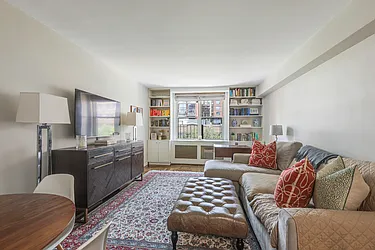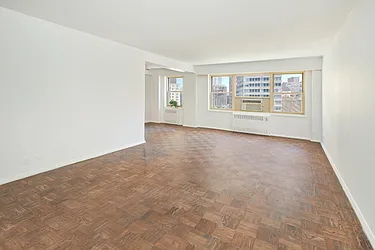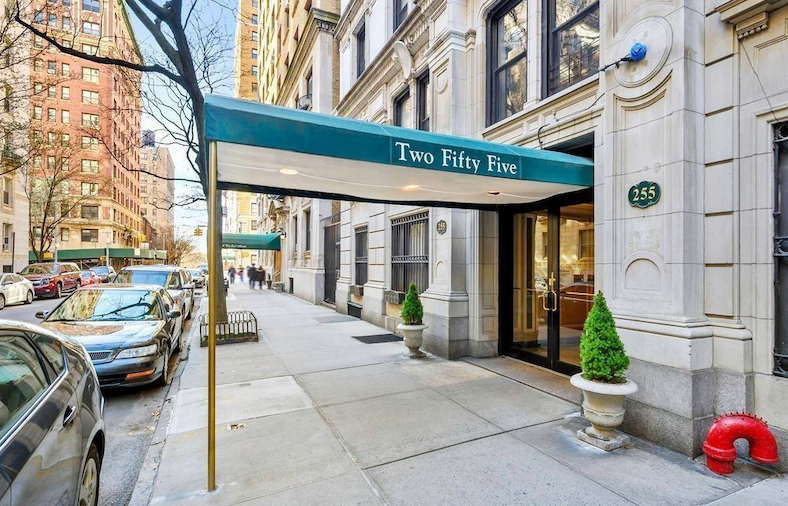
Question: I saw a couple of articles you wrote about combining two tax lots for a condominium. In one article you ask if signoff from lenders were obtained. My question is what happens if you combine two apartments and tax lots and don’t get approval from the lenders?
— Asking for a Friend in the Flatiron
Dear Asking:
Your friend could have their loan called. That’s a bad thing.
The lender could demand its money, and you — I mean your friend — would have to come up with the dough right away or face foreclosure. Adding further complications: If the lender is calling the loan because of unapproved alterations to the property, you will be hard-pressed to find any other lender who will touch the place with the proverbial 10-foot pole.
Here’s the deal: When you borrowed the money to buy your place, you agreed not to do anything that will diminish the value of the property. All mortgages or trust deeds have a “preservation and maintenance of property” clause, or some variation on it. It boils down to this: You, the borrower, agree to keep the mortgaged property in good repair and in “the equivalent of its original condition.” If the lender should find out that the property has been altered in such a way that its value is diminished, they won’t like that.
No lender will get bent out of shape for typical renovations — remodeling a bathroom or kitchen, say, or making a second bedroom out of a dining room. No, but they will be concerned if you combine two apartments and turn one of the units into a living and dining room with no bedrooms or if you convert one of the kitchens into a bathroom.
An important note: It’s most unlikely that you can get as far as combining condo tax lots without lender approval. As the holder of the mortgage, the lender will have to sign off on the change in the legal description of the condos. That said, however, if you go ahead with combining units without first getting the tax lots combined, down the way you could have real problems with your lender if you ever want to refinance or sell.
David Crook is a veteran journalist and author of The Complete Wall Street Journal Real-Estate Investing and Homeowner’s Guidebooks. Do you have a question about anything real estate-related in NYC? Write him at askus@streeteasy.com. For verification purposes, please include your name and a phone number; neither will be published. Note: Nothing in this column should be considered professional legal advice. If you have a legal issue, consult an attorney.
See Manhattan Sales Under $1 Million Article continues below




















